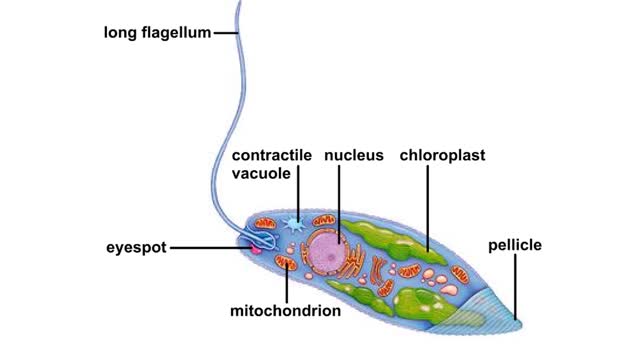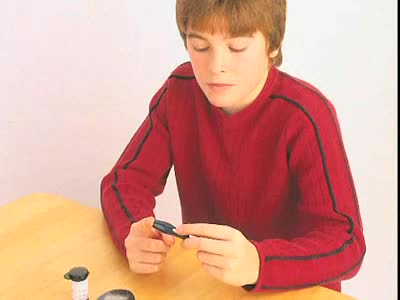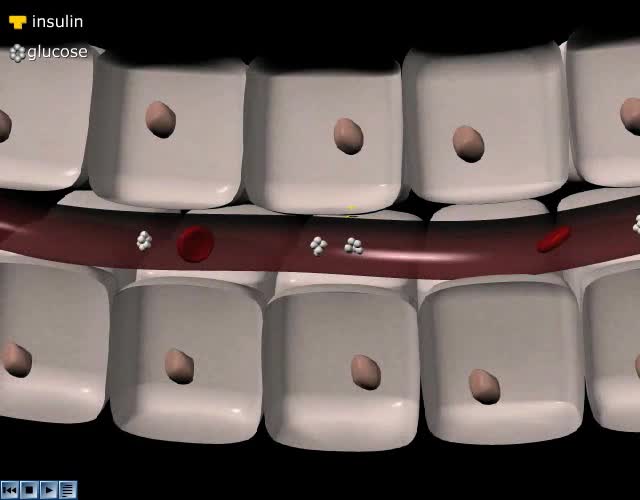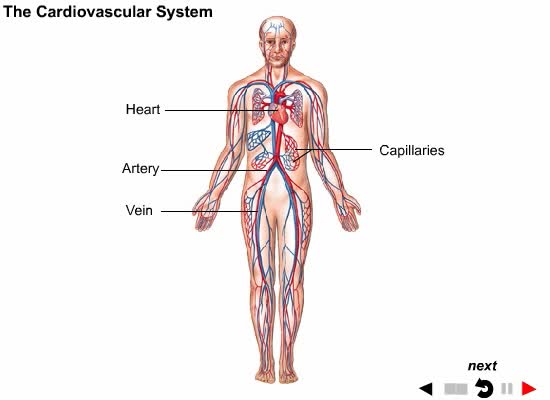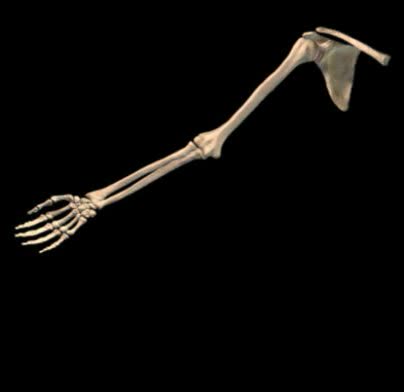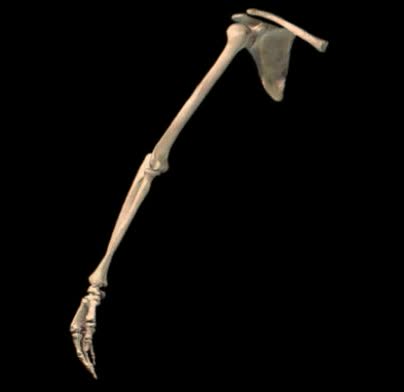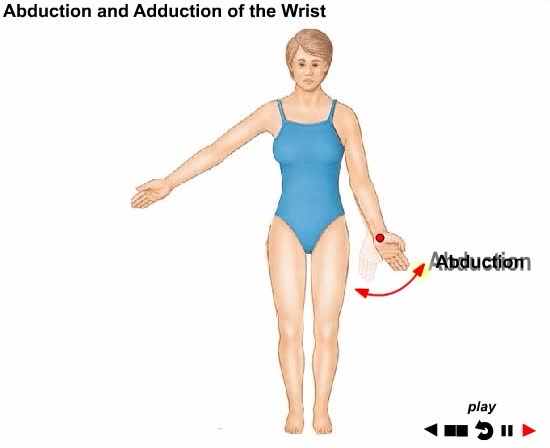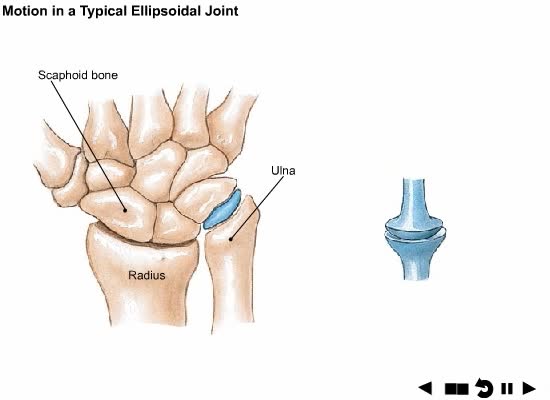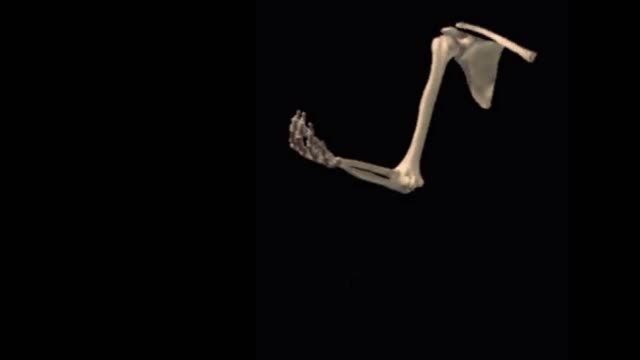Search Results
Results for: 'Body plan of euglena Animation'
Body plan of euglena Animation
By: HWC, Views: 4819
Euglenoids are single-celled organisms that live in lakes and ponds. A contractile vacuole pumps out the water that diffuses into the cell from its hypotonic surroundings. The body is covered by a translucent pellicle composed of flexible strips of a protein-rich material. Light passe...
By: Administrator, Views: 13549
The precise source of diabetic issues in children is not known. However, aspects like genetics, household history, bad diet plan, etc. are considered as some of the diabetes causing aspects. In many of the cases, adolescent diabetes is a genetic (acquired at birth). diabetes symptoms in children ...
By: Administrator, Views: 15033
Hyperglycemia means high (hyper) glucose (gly) in the blood (emia). Your body needs glucose to properly function. Your cells rely on glucose for energy. Hyperglycemia is a defining characteristic of diabetes—when the blood glucose level is too high because the body isn't properly using or doesn...
Introduction to Body Systems Animation
By: Administrator, Views: 823
Systems: A group of different organs functioning together for a common purpose.
By: Administrator, Views: 12868
Types of body movement that occur at the diarthrotic joints: - Abduction - Adduction - Circumduction - Dorsiflexion Movement can occur in one plane, like with a knee bend, or in multiple planes such as with a shoulder roll. Adduction occurs when a joint moves a part of the body toward the ...
By: Administrator, Views: 504
Types of body movement that occur at the diarthrotic joints: - Rotation - Supination
By: Administrator, Views: 479
Types of body movement that occur at the diarthrotic joints: - Abduction - Adduction - Circumduction - Dorsiflexion
Classification of Joints Animation
By: Administrator, Views: 440
Types of body movement that occur at the diarthrotic joints: - Abduction - Adduction - Circumduction - Dorsiflexion Classification of Joints: - Synarthrosis (Fibrous) - Amphiarthrosis (Cartilaginous) - Diarthrosis (Synovial)
By: Administrator, Views: 632
Normal starting position for elbow flexion is with the subject supine with the shoulder positioned in 0 degrees of flexion, extension and abduction with the arm close to the side of the body
Advertisement



